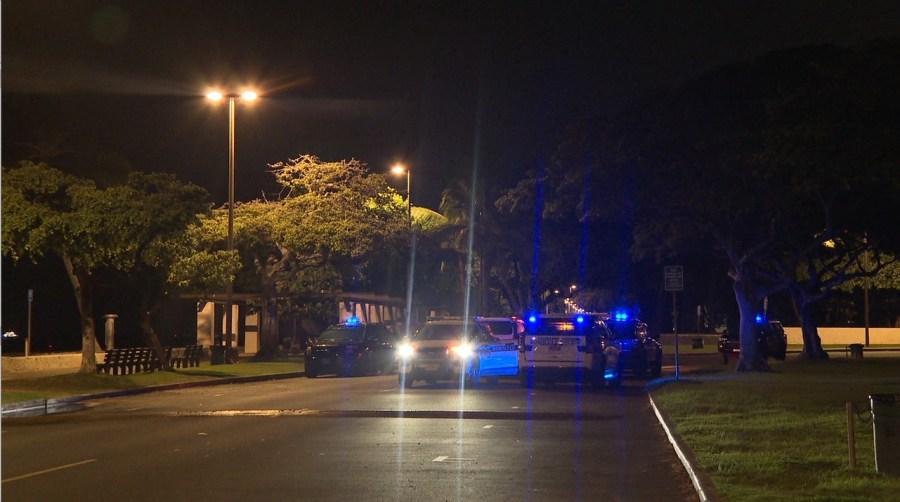HONOLULU (KHON2) — Honolulu police are facing more attacks on the job this year, and many involve mental health calls.
KHON2 spoke with interim chief Rade Vanic, the State of Hawaii Organization of Police Officers (SHOPO), and a mental health professional about the spike and what can be done.
Assault on law enforcement officer (LEO) cases jumped in 2025 — up 20% compared to the same time in 2024. Most of the assaults occur during responses for intoxication, domestic or mental health-related calls. Interim chief Vanic said de-escalation is key.
“A lot of times, just creating time, creating distance, conversation, right? So, talking to an individual,” he said. “That can maybe change a person’s perception of the officer and why the officer is there, maybe giving the person different options or providing them with options other than force.”
Vanic said HPD is expanding training and protective protocols for high-risk calls — SHOPO president Nicholas Schlapak said training alone is not enough, and State law needs tougher penalties.
“I feel this goes beyond just simple public awareness to a problem. I think that there has to be legislative action,” Schlapak said.
Assault on LEOs can be a misdemeanor or felony under current law.
“One is a misdemeanor, one is a class C felony. The threshold for either case depends on the state of mind of the suspect when they assault or injure the officer,” he said.
A Hawaii Island doctor of psychology said those in a mental health crisis often can not act rationally.
“They’re often like super overwhelmed. They go into fight or flight, and it makes it so sometimes they can’t even, like, comprehend a simple command,” Dr. Danielle Rae Daniel said. “Teaching those coping strategies, conflict resolution, and this resiliency at an early age will help them so that in the future we’re not dealing with a whole society that cannot regulate their emotions.”
Vanic added that officer safety and health are top of mind under his watch.
“Gone are the days where there’s a culture that asking for help means that that’s a display of weakness. We encourage our officers, if you need help, make sure you reach out,” Vanic said.
